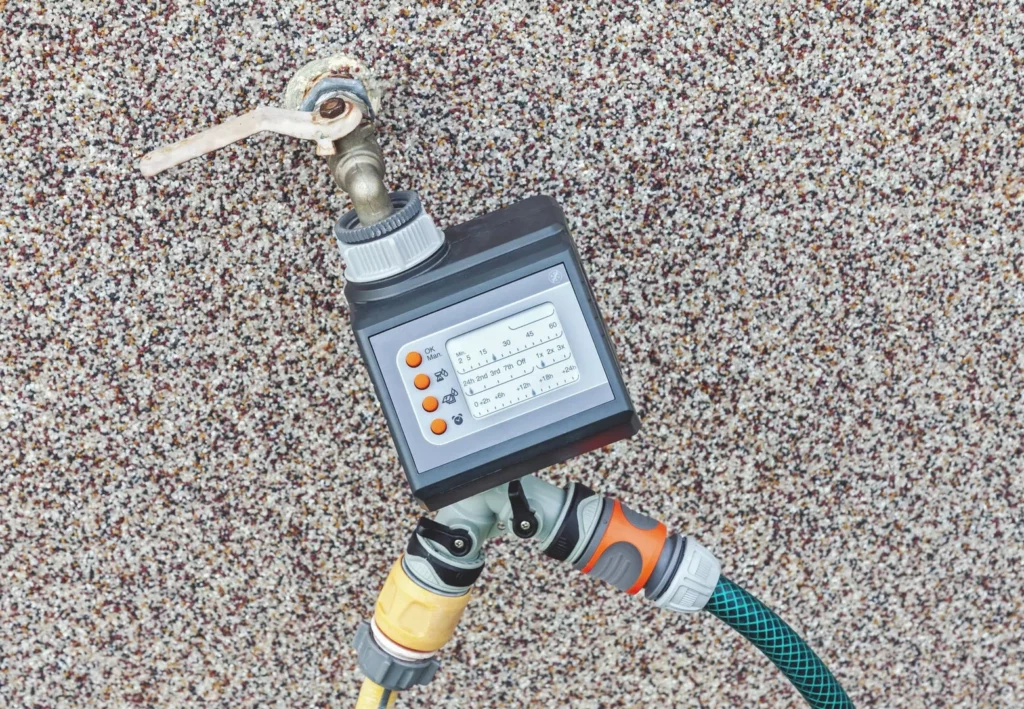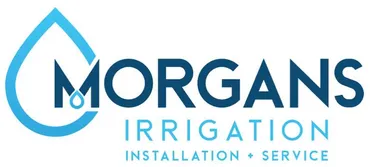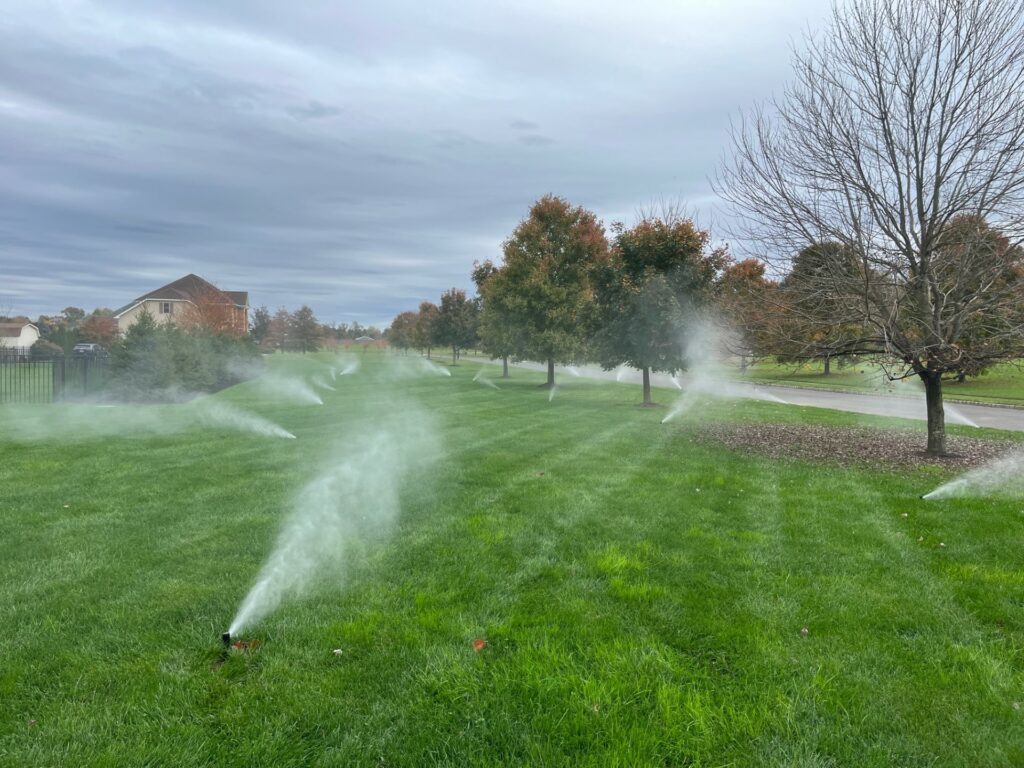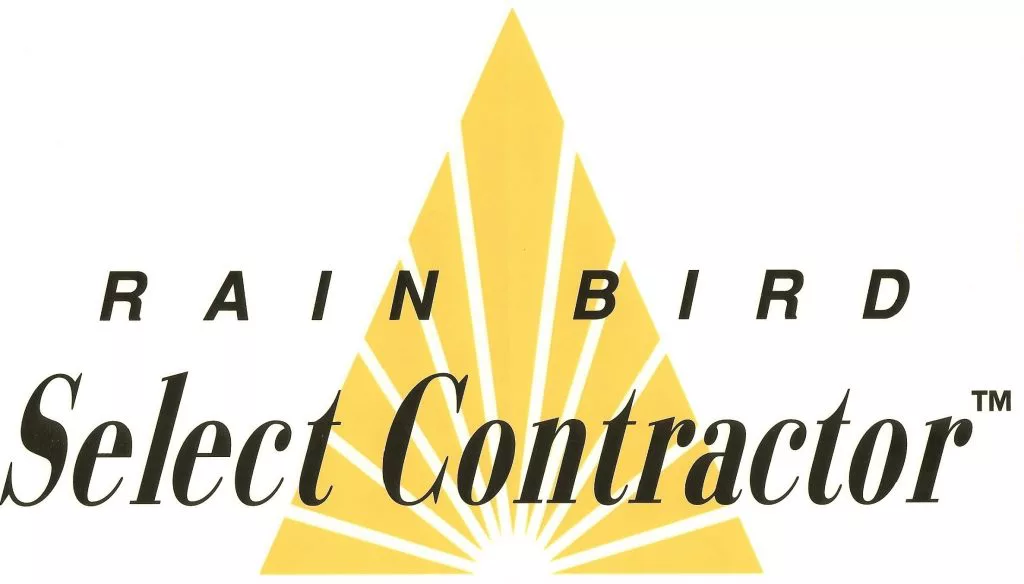The evolution of irrigation technology marks a significant leap forward in the quest for agricultural efficiency and sustainability. From the manual water distribution of ancient civilizations to today’s digital, sensor-driven systems, the journey reflects humanity’s ingenuity and adaptation.
Understanding Traditional Irrigation Methods
Traditional irrigation, the backbone of agriculture for centuries, encompasses various methods, including flood, furrow, and sprinkler systems. Flood irrigation, one of the oldest techniques, involves directing water flow over fields, allowing it to soak into the soil. Furrow irrigation, similarly, relies on small trench-like channels to guide water directly to the plant’s root zones. Sprinkler systems, more modern but still considered traditional, mimic rain through a network of pipes spraying water over crops and turf.
Benefits and Limitations
These conventional methods have sustained agricultural practices with their simplicity and direct approach. However, they are inefficient, leading to water wastage and uneven water distribution. The lack of precision in traditional systems can also contribute to overwatering, runoff, and soil erosion, posing environmental concerns and economic challenges for farmers and homeowners.
The Rise of Smart Irrigation Technology
Smart technology created a major shift in irrigation, introducing systems that optimize water use through advanced monitoring and control mechanisms. At the heart of these innovations are sensors, capable of gauging soil moisture levels, weather conditions, and plant water needs in real-time. This data-driven approach allows for automatic adjustments to irrigation schedules, ensuring water is applied in the right amount, at the right time, and in the right place.
Distinction from Traditional Methods
Unlike traditional systems, smart irrigation employs a proactive strategy, leveraging technology to anticipate and respond to the environment. This not only enhances water efficiency but also supports healthier plant growth, reduces labor costs, and minimizes the ecological footprint of irrigation practices.

Benefits of Adopting Smart Irrigation Systems
Water Conservation and Sustainability
One of the most compelling advantages of smart irrigation is its capacity for water conservation. By tailoring watering schedules to precise needs, smart systems significantly reduce waste, contributing to sustainability goals and resource conservation.
Improved Quality
Precision in water application ensures that plants receive optimal moisture levels, promoting stronger, healthier growth and yielding higher-quality produce and foliage.
Reduced Costs and Environmental Impact
Smart irrigation systems also offer economic benefits by lowering water bills and reducing the need for labor-intensive watering practices. Furthermore, minimizing runoff and overwatering helps protect local waterways and habitats from pollution and degradation.
Innovative Practices in Smart Irrigation
The landscape of smart irrigation is constantly evolving, with new technologies emerging to enhance efficiency and effectiveness. AI-driven water management systems analyze vast amounts of data to predict watering needs with unprecedented accuracy. Soil moisture sensors provide detailed insights into field conditions, allowing for micro-adjustments and preventing water stress or wastage.
Data Analytics in Water Usage Optimization
The integration of data analytics in irrigation technology enables farmers and landscapers to understand and optimize water usage patterns. This level of insight facilitates informed decision-making, tailoring irrigation practices to the unique characteristics of each field or garden.
Challenges and Considerations
Adoption Hurdles
Transitioning to smart irrigation systems can present challenges, including initial setup costs, technical complexity, and the need for ongoing management and maintenance. Potential users must weigh these factors against the long-term benefits of water savings, improved crop performance, and lush turf.
Choosing the Right Technology
With a range of smart irrigation products on the market, selecting the appropriate system requires careful consideration of specific needs, climate conditions, and the scale of operation. Consulting with experts and conducting thorough research are crucial steps in identifying the most suitable technology.

Embrace the Future of Irrigation with Morgans Waterways
Morgans Irrigation stands at the forefront of innovation, offering comprehensive solutions that marry cutting-edge technology with a deep commitment to customer satisfaction and environmental sustainability.
With over a decade of experience, Morgans Irrigation prides itself on its expertise in both traditional and smart irrigation systems. Our dedicated team is passionate about helping you achieve the optimal balance between water conservation and landscape vitality. We believe in the power of smart irrigation to transform your agricultural or landscaping projects, making them more sustainable, efficient, and productive.
Let us help you harness the benefits of smart irrigation technology, ensuring your projects thrive. Contact us today for a free consultation and learn how we can help you achieve the landscape of your dreams.
Irrigation Technology FAQs
What is smart irrigation and how does it work?
Smart irrigation refers to advanced systems that use sensors, data analytics, and automated controls to optimize water usage. These systems monitor soil moisture, weather conditions, and plant water requirements in real-time, adjusting irrigation schedules to deliver water precisely when and where it’s needed.
Can smart irrigation systems save me money?
Yes, smart irrigation systems can lead to significant cost savings. By optimizing water usage, these systems reduce water waste, which can lower your water bills. Additionally, the improved efficiency and health of your plants or crops can lead to reduced maintenance and higher yields, further increasing economic benefits.
Are smart irrigation systems environmentally friendly?
Absolutely. Smart irrigation systems contribute to environmental sustainability by minimizing water wastage, reducing runoff, and ensuring that water resources are used more efficiently. This not only conserves water but also helps in protecting local waterways and ecosystems from the negative impacts of over-irrigation.
How difficult is it to install a smart irrigation system?
The complexity of installing a smart irrigation system can vary based on the system’s sophistication and the existing setup. However, many systems are designed for easy integration with existing irrigation infrastructure. Professional installation services can ensure that the system is set up correctly and optimized for your specific needs and landscape.
Can I control a smart irrigation system from my phone?
Most modern smart irrigation systems come with mobile apps or web-based platforms that allow you to monitor and control your irrigation system remotely. This means you can adjust your watering schedule, check moisture levels, and even receive alerts about your system’s status directly from your smartphone or any internet-connected device.


